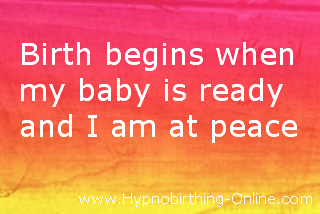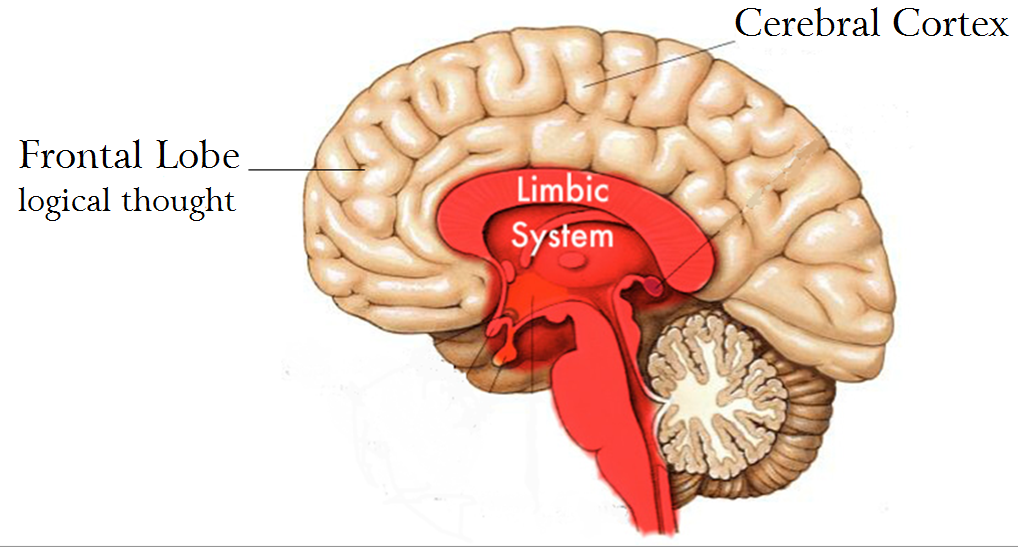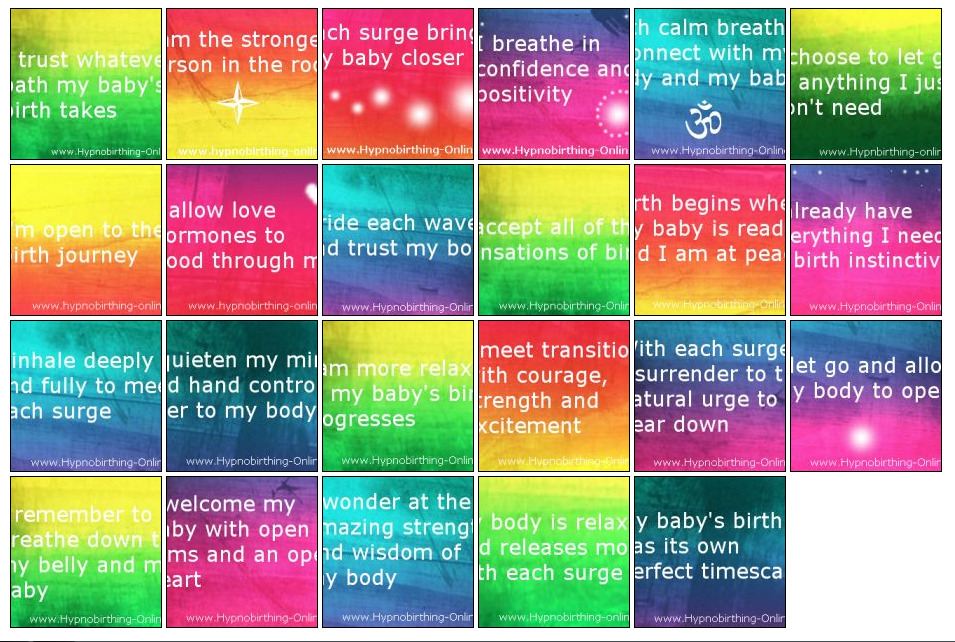Transition and Hypnobirthing...
Posted on
Birth is a journey, with different rhythms at different times.
Transition is that point where your body prepares to push your baby down the birth canal. Adrenaline-type hormones are suddenly released to bring on increasingly expulsive contractions.
As a side effect, it's completely normal for most mothers to feel some degree of self-doubt at this point - even if they've been breathing and relaxing effectively thus far.
It can sometimes feel like a 'top-of-the-rollercoaster' moment. Depending on how YOU get on with adrenaline, you may feel suddenly frightened, or indeed excited and exhilarated.
A mother's eyes might suddenly open widely, revealing alert and dark, dilated pupils. They can say odd things out of the blue, for example:-
"I want to go home"
"I can't do this anymore"
Or in one of my favourite Janet Balaskas birth videos -
"YESSSSSSS! Come on baby"!
Birth partners should be aware of and expect transition; to remind and reassure that you're doing a great job - after all, these feelings mean that you'll be meeting your baby before long.
For mothers - use whatever sounds, positions and breathing styles you like as you're heading down that rollercoaster!
Klaire, Cornwall:-
"My contractions were strong and I began to become fearful of how I would cope [Klaire then chose to have a large glass of Zinfandel].... Ahhh that was a well deserved glass of wine, and really helped me to loosen up. I was laughing between the contractions and relaxing more and refocusing on the task ahead."
Vicky, Cornwall:-
"By about 2am the surges were getting really strong but still not painful just really intense. I start vocalising instinctively on the out breath and find it really helps to release the tension. I am then sick during a strong surge and think I’m probably in transition – woo hoo! I start feeling pressure but the contractions aren’t expulsive yet. It doesn’t take long before I start grunting and feel my body pushing. I ask DH to get in the pool and he comforts me."
Judith, Cornwall:-
"The hypnobirthing breathing was absolutely essential as I moved towards transition and the contractions got really fast. Just when I doubted my ability to cope, the midwife brought gas and air at just the right time. The delivery suite was still full and I couldn't go upstairs! I think the midwives doubted how well I was progressing, until I got on the toilet and felt the urge to push! Then I was rushed upstairs very quickly and into the delivery suite. It was quite exhilarating then - I quite enjoyed it with the gas and air!"
Donna, Cornwall:-
"As we arrived at the hospital the surges were very strong and as we were walking through the corridors I began to have doubts and become fearful. I believe now this may have been transition. I managed to focus myself back into it and after being quickly admitted to a delivery room and being examined by a midwife, I was declared to be 8-9cm dilated."
Lucy, Cornwall:-
"I genuinely thought I was dying in transition! I’m annoyed with myself for not realising at the time. My doulas kept saying “it’s ok you’re in transition” but I don’t remember this at all! I also took all my clothes off and drank 2 pints of water in one go because of a sudden I was so hot and thirsty!"
Harriet, Cornwall:-
"My husband was so incredible during the transition, he remembered exactly what to say. I had coped amazingly, breathing through my contractions but when the transition came I felt like I was losing all control. All my husband did was touch my shoulder and say ‘relax, release’ and it took me back to ‘the zone’ I will be forever grateful. He was the best birthing partner! Pushing felt like heaven after that! ![]()
Natasha, Cornwall:-
"I did start slapping myself all over my face and mouth which was probably some natural distraction thing, LOL"
Midwife Ina May Gaskin, Ina May's Guide to Childbirth:-
“The strangest request I have encountered was that of a first-time mother who - just before pushing - asked her husband for a jar of peanut butter and proceeded to eat two heaping table-spoonfuls. She then washed the peanut butter down with nearly a quart of raspberry leaf tea and pushed her baby out. I was impressed.”





